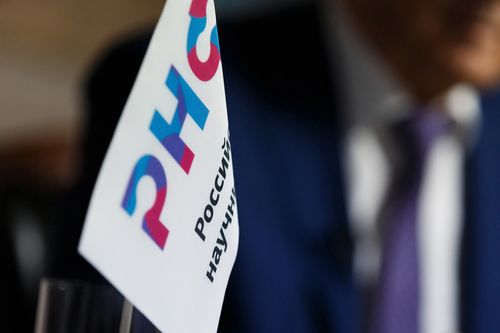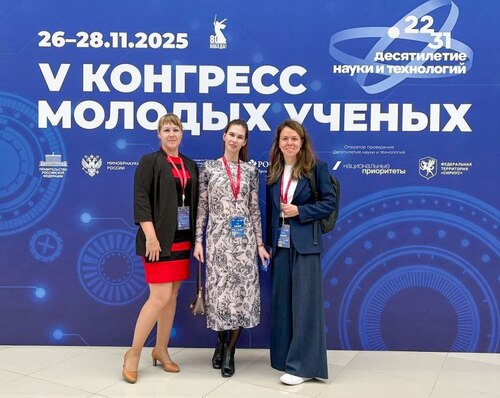– The climatic conditions this winter are tough: the snow is deep and the animals have problems moving around, get exhausted quickly and don’t go far. The snow crust makes it easier for predators and poachers to hunt. Poaching is at its peak now: the snow crust is strong, making it a good time for illegal hunting on snowmobiles. Poachers don’t care that moving through snow is hard for the animals and that pregnant reindeer and moose cows are going to deliver soon, starting May, – told Danila Panchenko upon return.
Wild reindeer is red-listed as endangered in the Russian Federation and in Karelia. Scientists estimate the current population in the republic to be around two thousand animals, which is very little for a territory this size and declining from year to year.
The deteriorating economic situation will heighten the risk of extinction for the rare reindeer in the north. The scientist believes the key problem for combating poaching is poor surveillance of the vast forest expanses due to shortage of human resources.
– Control of reindeer habitats must be intensified and this task should be handled at the government level, – specified the scientist.

Local people can contribute to the conservation of the wild reindeer by reporting any fact of illegal hunting, including firing they hear (in March and April almost any hunting is prohibited in Karelia). Catering businesses should check their food suppliers and product documentation more carefully. Reindeer meat can be legally supplied only from reindeer herding areas.
Importantly, the population of this rare animal can be restored – there are such examples in the history of our and a neighboring region. Early in the 20th century, there was only about a hundred reindeer left in the west of the Kola Peninsula, but after the Lapland Nature Reserve had been established, the population grew to 12 000 already by the mid1960s! Reintroduction activities in Finland have helped wild reindeer reoccupy the territories they had inhabited in the past. In Karelia in the late 1980s there were still around 6 500 animals, but the population was affected the most severely by heavy poaching in the 1990s. There is still a chance to stop the drastic decline of the population of this rare animal and to restore it, but this requires resolute actions from authorities as well as public awareness and support.
Photos from archives of D. Panchenko







